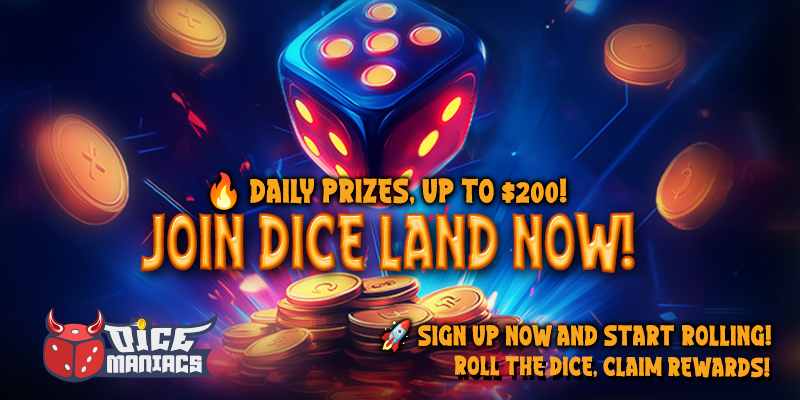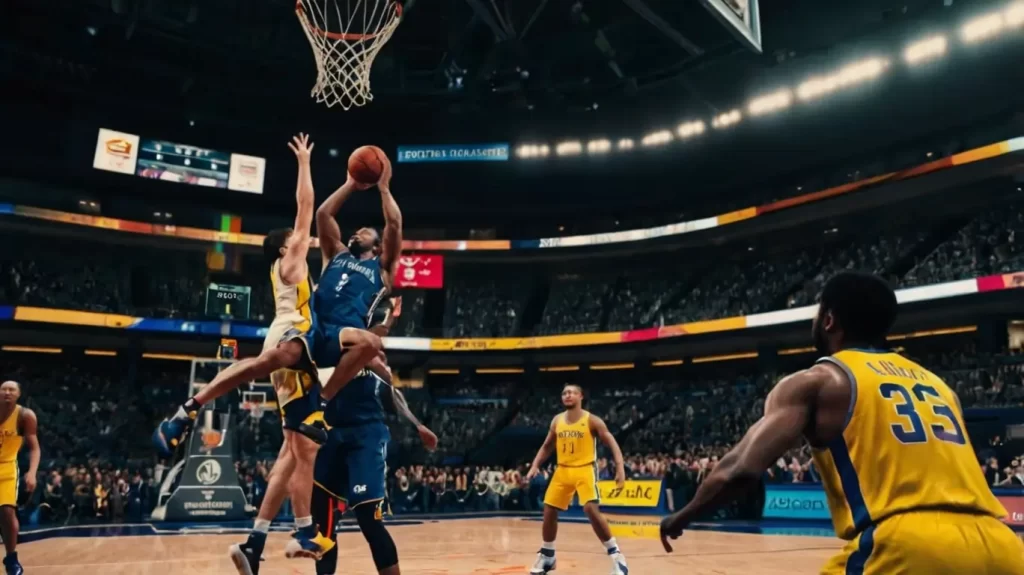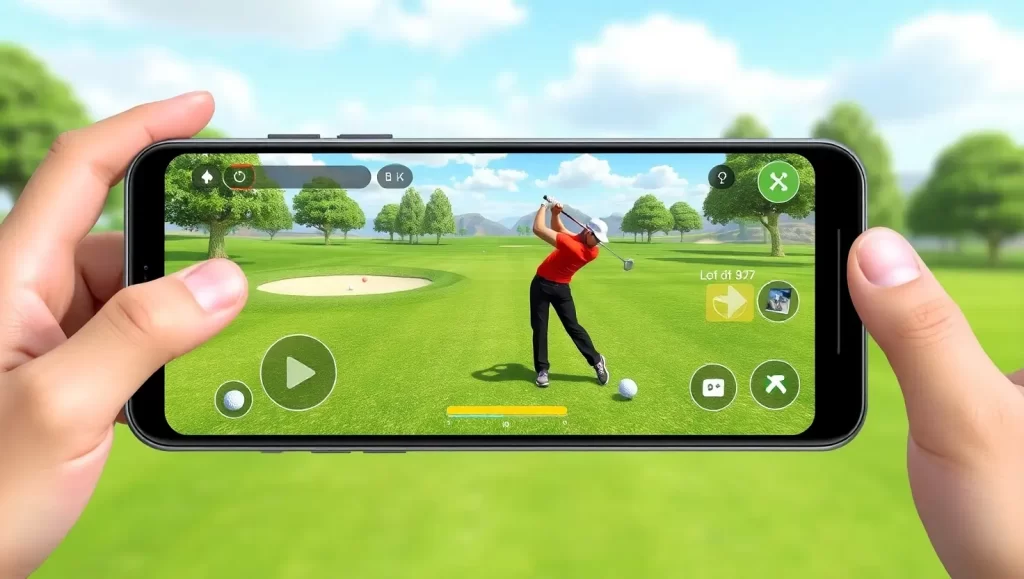Board games have a unique ability to transform play into an educational experience, making them an excellent tool for developing social skills. As we gather around the table for a session of laughs, competition, and strategy, we often find ourselves learning without even realizing it. The beauty of board games lies in their capacity to teach us how to communicate, empathize, and work together—all while having a fantastic time. Whether in a classroom setting or at home, these games serve as bridges that connect us through play. In today’s article, we’re going to cover the best board games for social skills. Stay with us.
Benefits of Using Board Games to Develop Social Skills
Using board games to enhance social skills is not just about having fun—it’s a strategic, enjoyable means of learning. They create an interactive environment where players practice communication, teamwork, and empathy. Through turns, rules, and playful competition, these games skillfully cultivate patience and cooperation. Importantly, they offer real-life scenarios where children and adults alike can explore emotional responses and build confidence in social interactions.
Criteria for Selecting Board Games for Social Skill Development
Selecting the right board game for developing social skills necessitates considering several factors. First, age appropriateness ensures that the complexity of the game matches the player’s developmental stage. Educational value is also key, as the game should clearly foster certain skills like negotiation or teamwork. Lastly, the engagement level is critical—an interesting game will naturally encourage active participation and sustained interest from players.
Top Board Games to Enhance Social Skills
1. Dungeons & Dragons
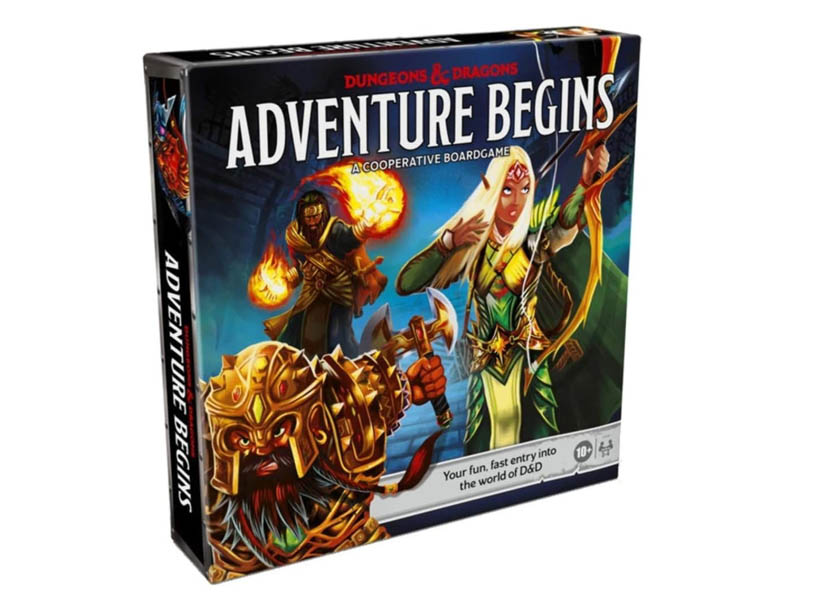
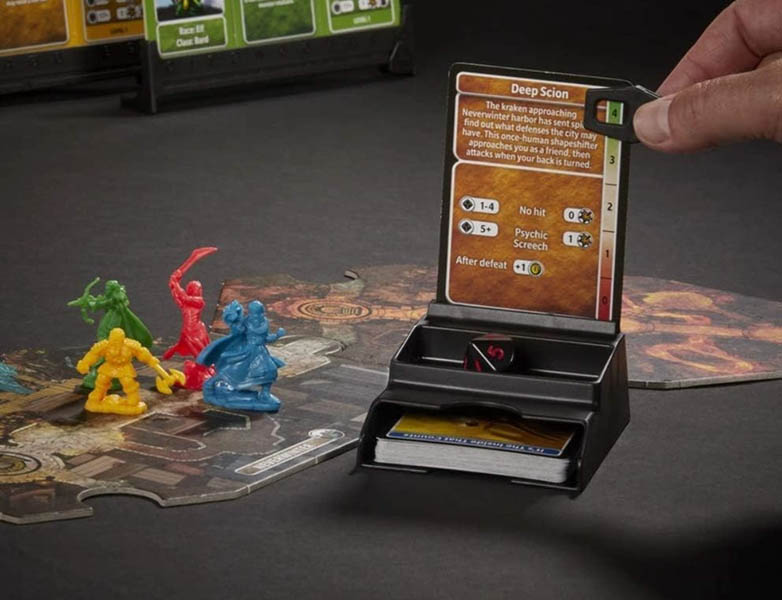
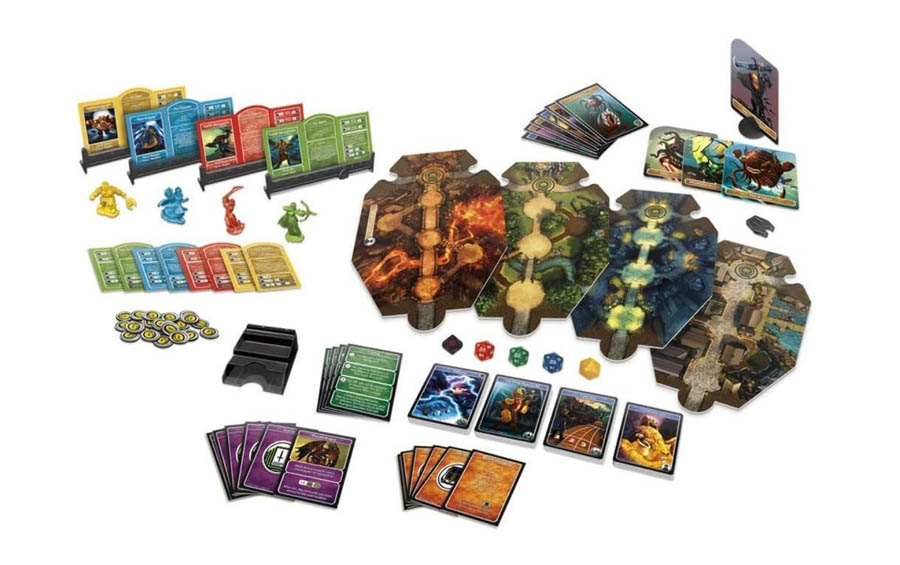
Description:
Dungeons & Dragons (D&D) is a fantasy role-playing game (RPG) that lets players create unique characters and go on epic quests. The game is played through storytelling, with a Dungeon Master (DM) guiding the adventure while players interact with the world and each other. As players take on roles like wizards, warriors, and rogues, they collaborate to overcome challenges such as monsters, puzzles, and conflicts. The game’s depth and flexibility allow for a personalized experience, where creativity and teamwork are vital to success. The emphasis is on imagination, cooperation, and communication.
- Social Skills:
Communication, teamwork, and empathy are at the forefront as players must work together to solve problems and achieve goals.
- Recommended Age Group: 12+ years
- Number of Players: 4-6 players
2. Pandemic
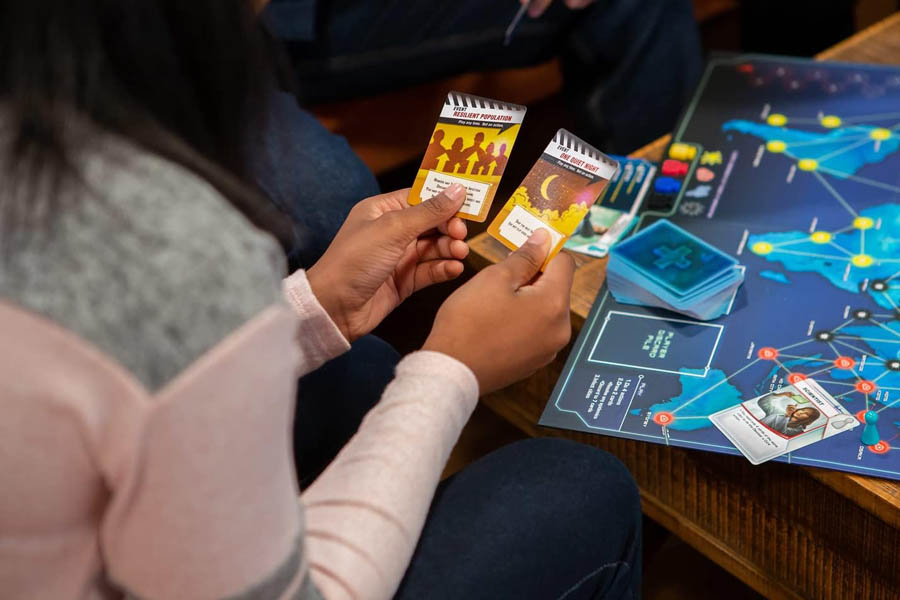
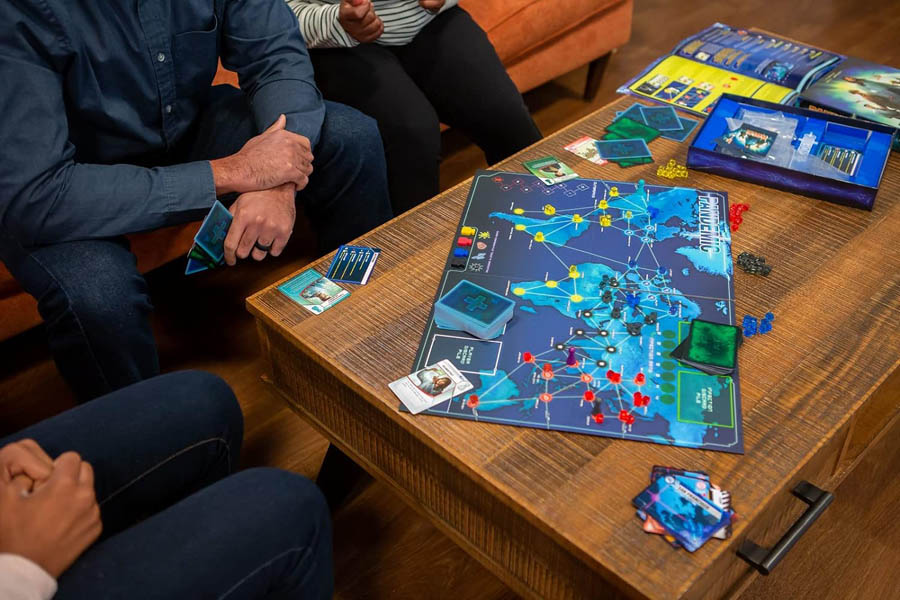
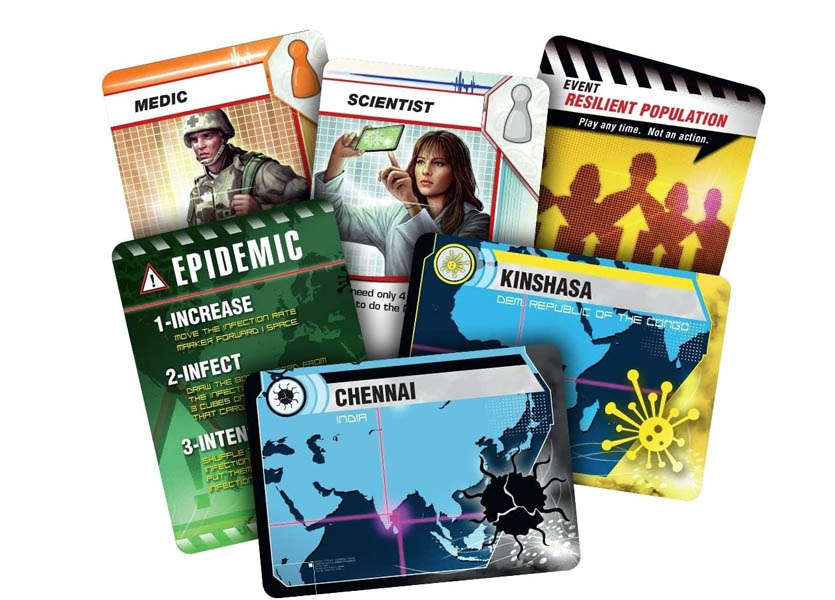
- Description:
Pandemic is a cooperative board game among the best board games for social skills where players act as members of a disease control team, working to prevent global outbreaks. The board shows a world map, and each player’s role—such as medic, researcher, or scientist—comes with unique abilities. Players must collaborate to treat infected cities, discover cures, and prevent the spread of diseases. The game combines strategy, problem-solving, and decision-making, as players must coordinate actions, share resources, and communicate their plans to succeed. The ever-present ticking clock adds intensity to the cooperative challenge.
- Social Skills:
Teamwork and communication are crucial as players must collaboratively decide the best strategies to combat the diseases.
- Recommended Age Group: 8+ years
- Number of Players: 2-4 players
3. The Resistance
- Description:
The Resistance is a social deduction game set in a dystopian future. Players are divided into two factions: the Resistance and the spies working for the government. The Resistance team aims to complete missions without the spies sabotaging their efforts. Players must use their social skills to determine who they can trust and who may be deceiving them. The game relies heavily on verbal communication, persuasion, and reading others’ body language and expressions. It’s a fast-paced, high-stakes game where bluffing and detecting lies are essential.
- Social Skills:
Critical thinking, deception, and persuasion take the lead. Players learn to express themselves and understand others’ intentions.
- Recommended Age Group: 13+ years
- Number of Players: 5-10 players
4. Catan
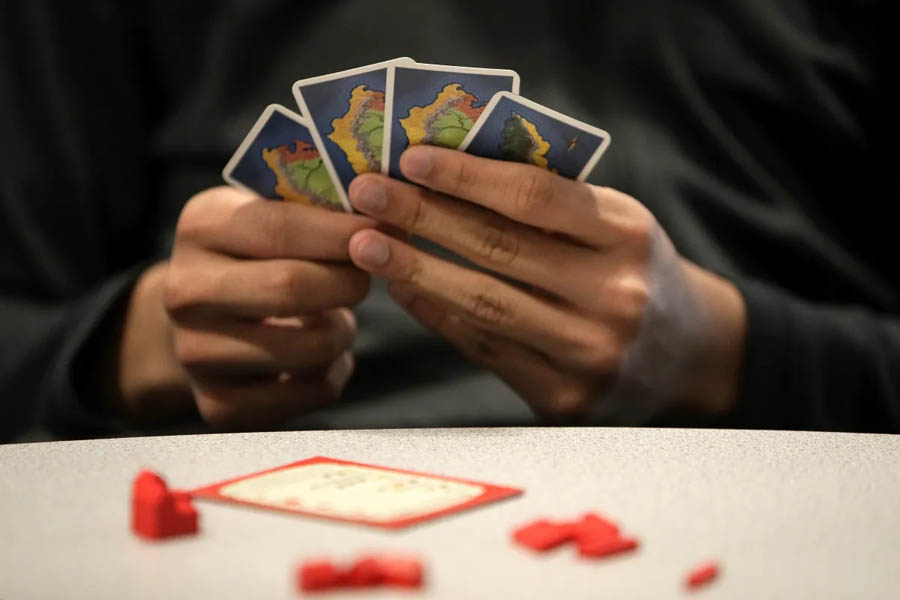
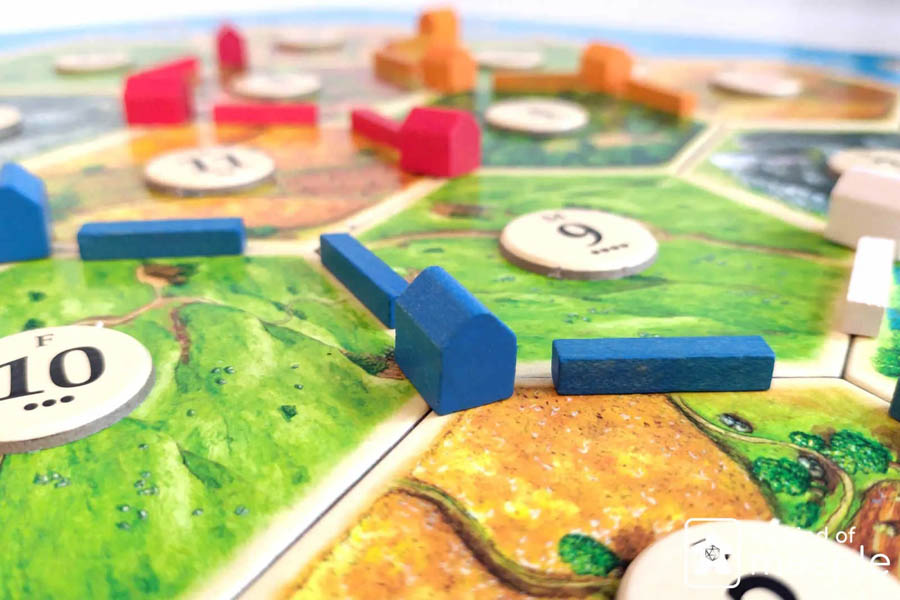
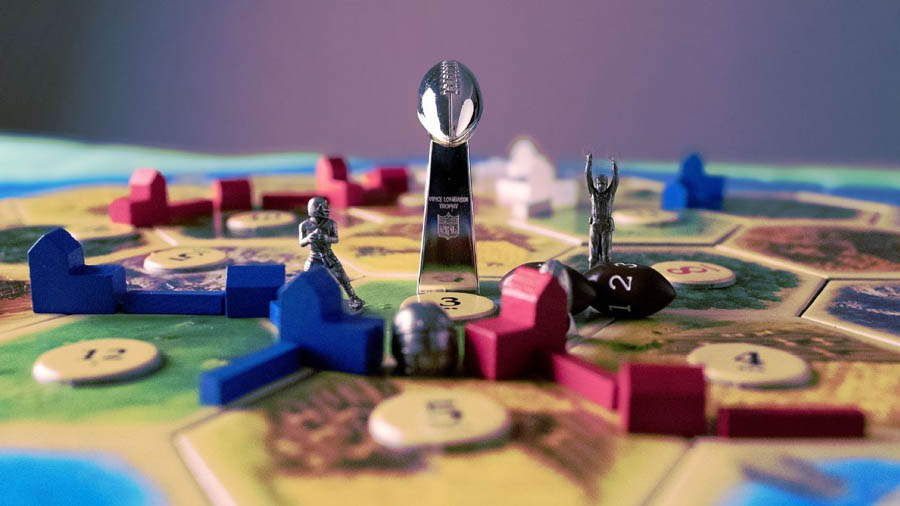
- Description:
Catan is a resource management game where players build settlements and roads on an uncharted island in the number of the best board games for social skills. The game board is made up of hexagonal tiles, each representing a type of resource—such as wood, brick, or wheat. Players collect resources by trading or rolling dice, and they use them to expand their settlements. The key to success lies in negotiation and strategic placement, as players must strike deals with each other to acquire the resources they need. Catan is known for its competitive yet social nature, encouraging players to engage in meaningful discussions and exchanges.
- Social Skills:
Negotiation and strategic thinking are encouraged, as players must trade and communicate to optimize their resource productivity.
- Recommended Age Group: 10+ years
- Number of Players: 3-4 players
5. Forbidden Island
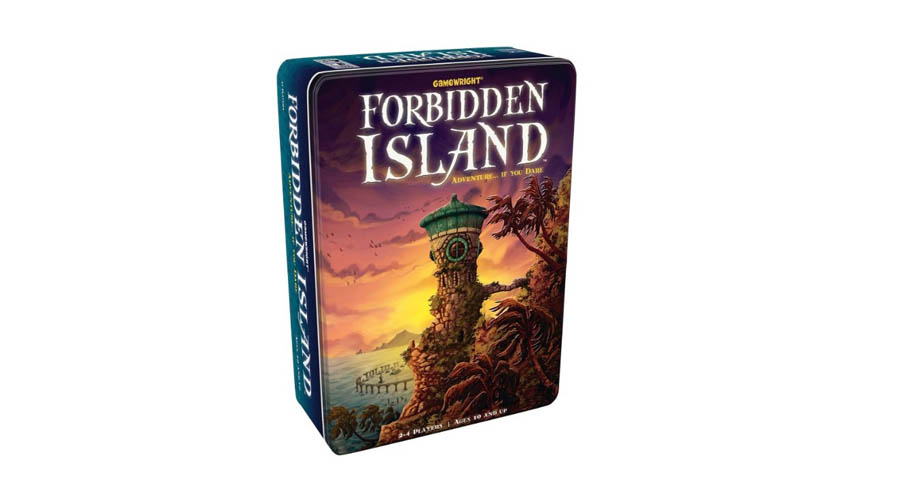
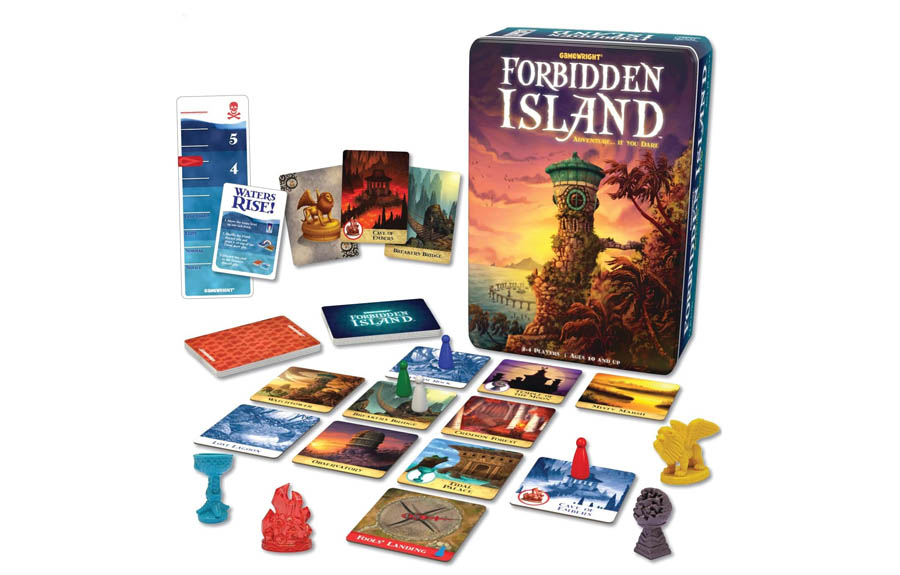
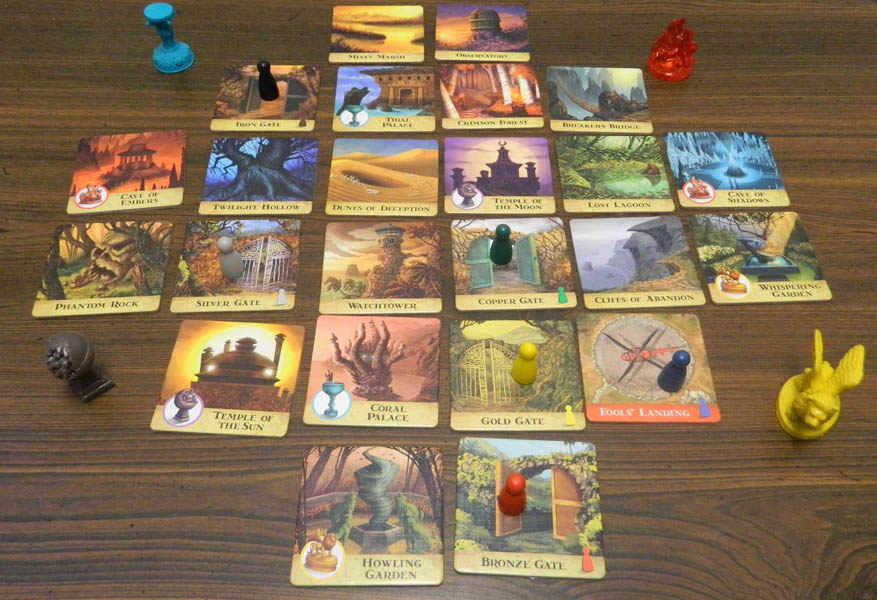
- Description:
Forbidden Island is a cooperative game where players work together to retrieve treasures from a sinking island. The game board represents an island, with each space gradually flooding as the game progresses. Players take on different roles, such as explorers or divers, each with a special ability. The objective is to find and retrieve four sacred treasures before the island submerges completely. It’s a race against time where communication and teamwork are key. The game forces players to think strategically and collaborate to navigate the rising waters and secure victory.
- Social Skills:
Cooperation and strategic planning are emphasized as players work together to share resources and make collective decisions.
- Recommended Age Group: 10+ years
- Number of Players: 2-4 players
6. Ticket to Ride
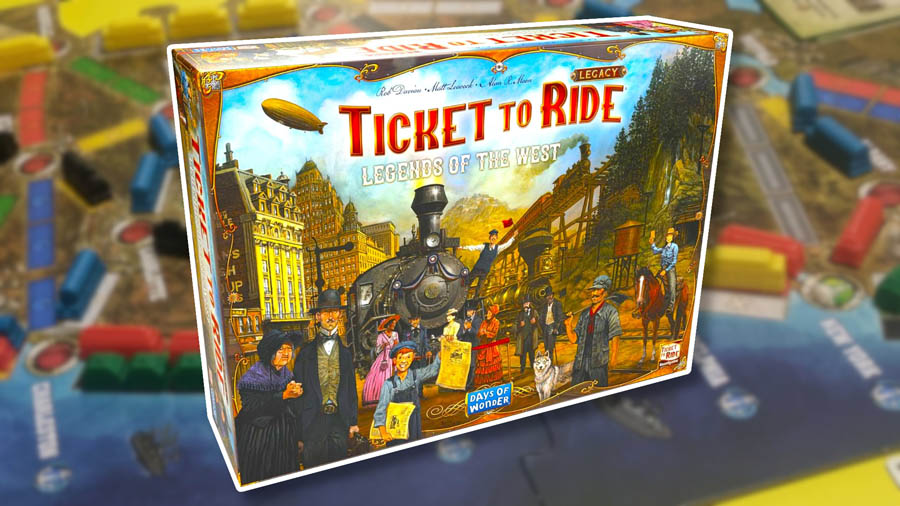
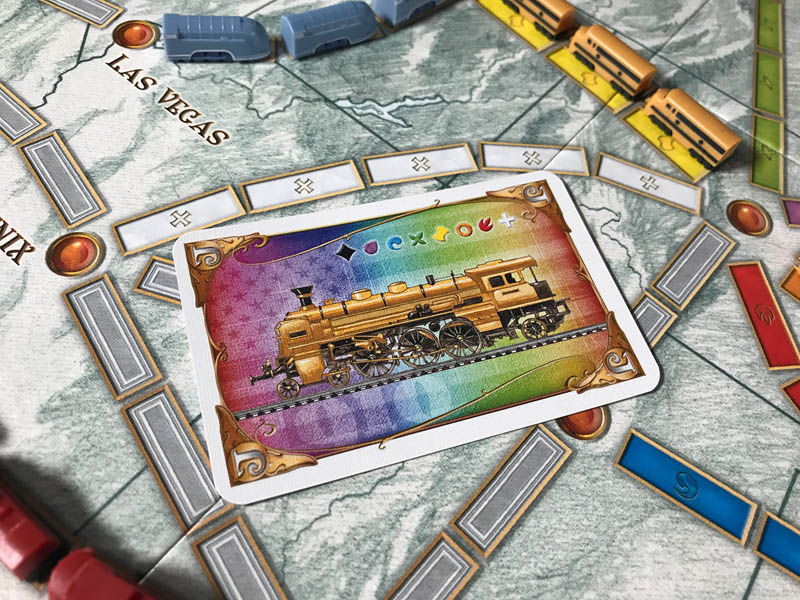
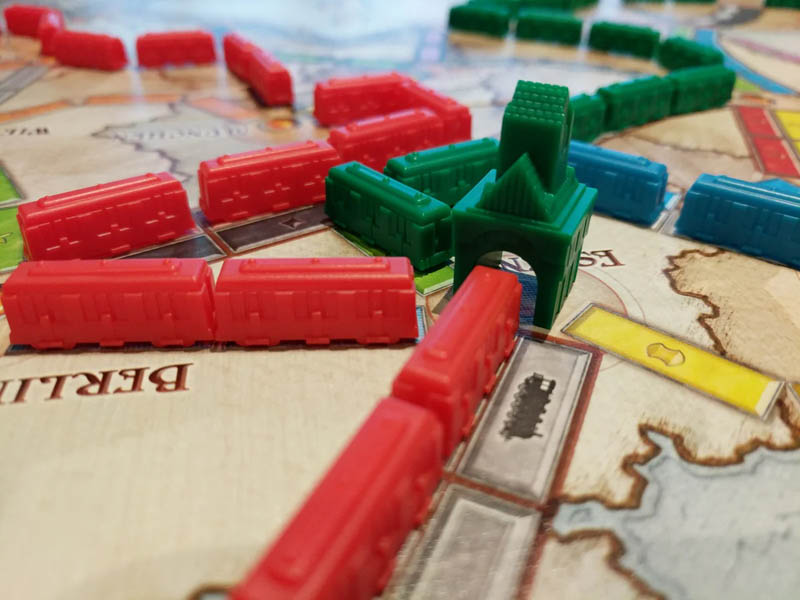
- Description:
Ticket to Ride is a competitive game in the group of the best board games for social skills where players build train routes across a map, collecting train cards to claim different routes. The longer the routes, the more points players earn. Each player has destination cards that specify which cities they need to connect, creating a dynamic of strategic planning and competition. The game has simple mechanics, but the key to success lies in the ability to block opponents and complete your routes before they do. The game encourages strategic thinking and careful planning, as players must make the most out of their limited resources.
- Social Skills:
Strategic planning and competitive interaction are central, to fostering spatial awareness and decision-making skills.
- Recommended Age Group: 8+ years
- Number of Players: 2-5 players
7. Apples to Apples
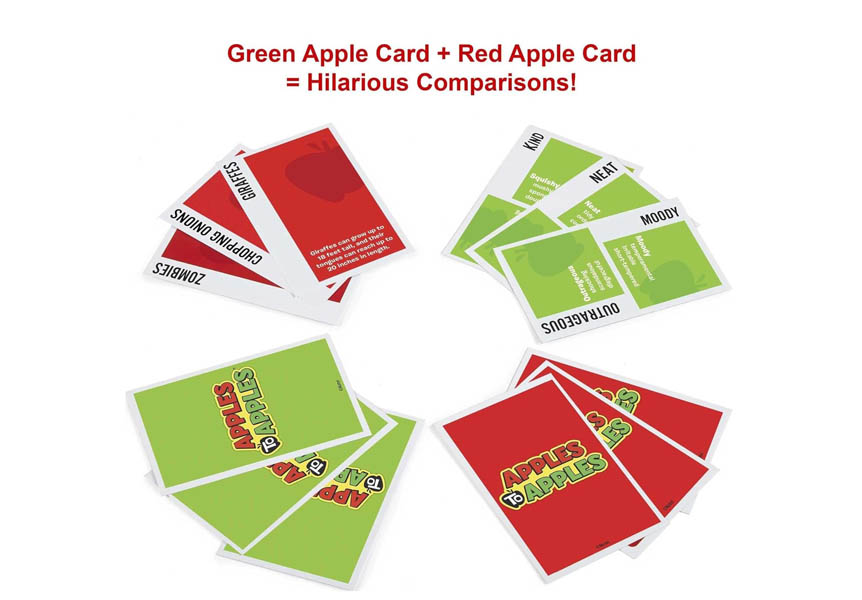
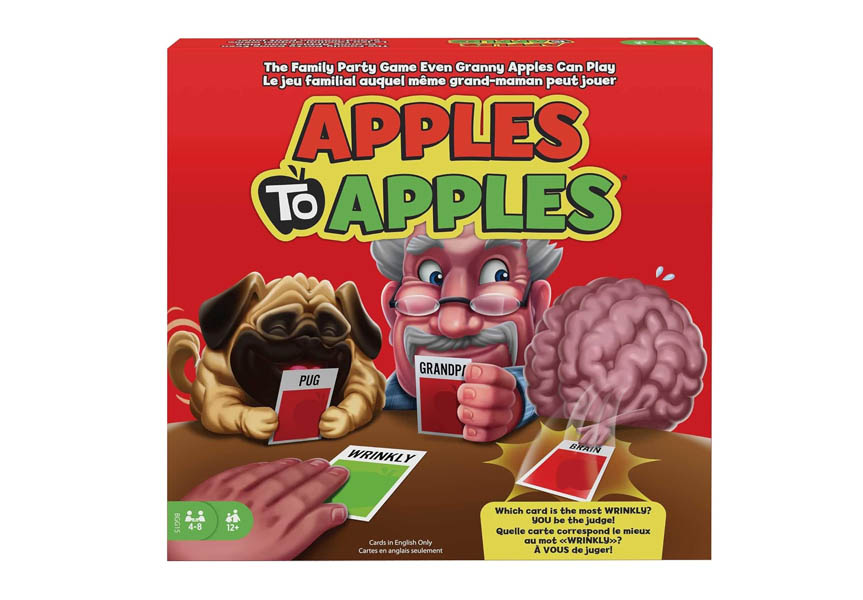
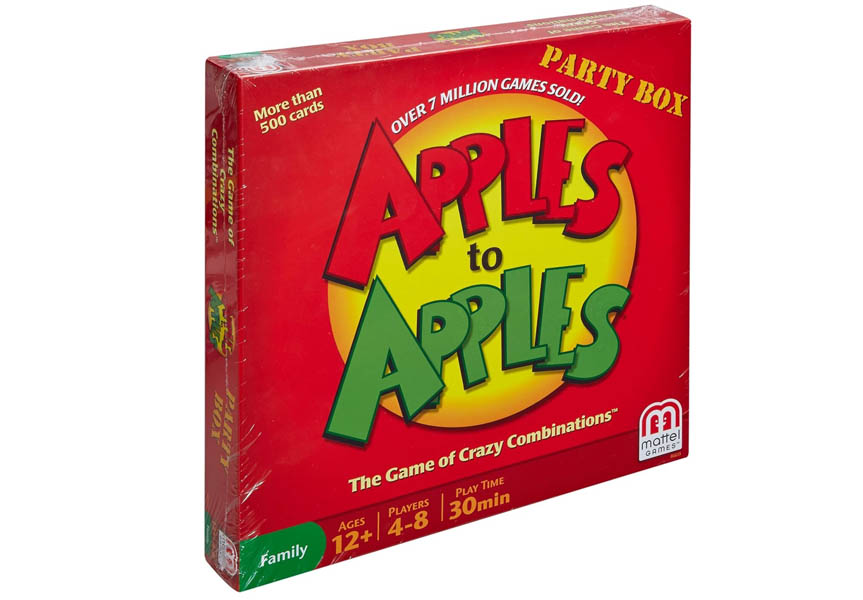
- Description:
Apples to Apples is a party game where players match nouns to adjectives in humorous and sometimes absurd ways. One player is the “judge” each round, who draws a random adjective card. The other players must choose a noun card from their hands that best fits the adjective. The judge then selects the card they find most fitting or funniest. The game encourages creativity and humor, and it also requires understanding the perspectives and humor of others. It’s a lighthearted game that sparks laughter and brings out diverse interpretations of each adjective.
- Social Skills:
It encourages creativity, quick thinking, and understanding of different perspectives as players try to match cards cleverly.
- Recommended Age Group: 12+ years
- Number of Players: 4-10 players
8. Taboo
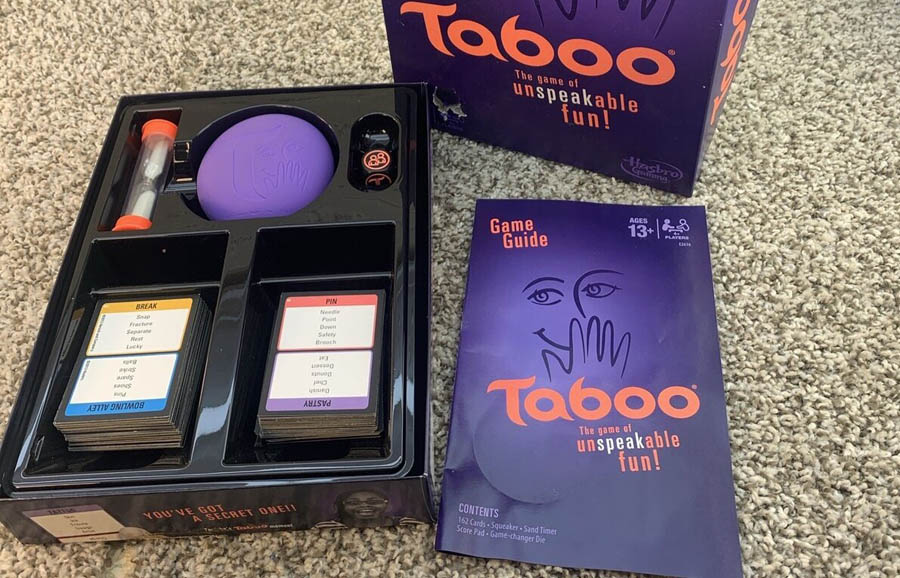
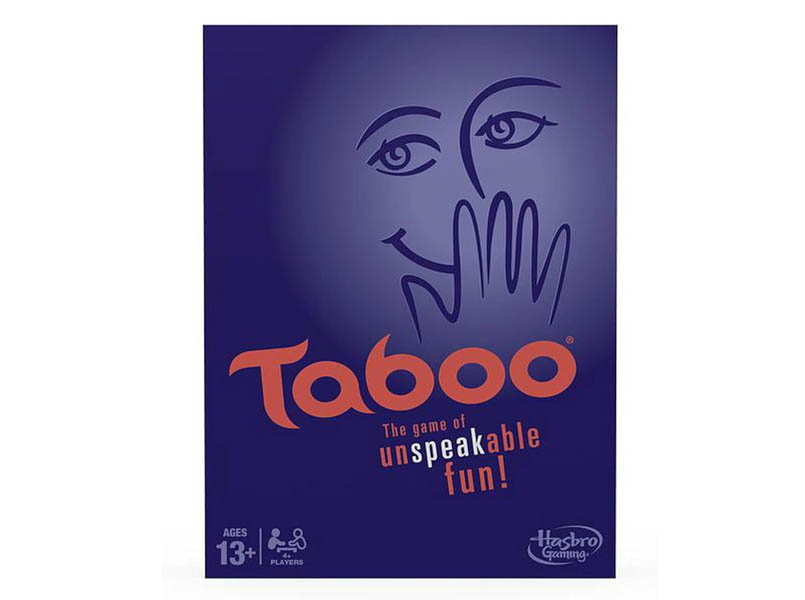
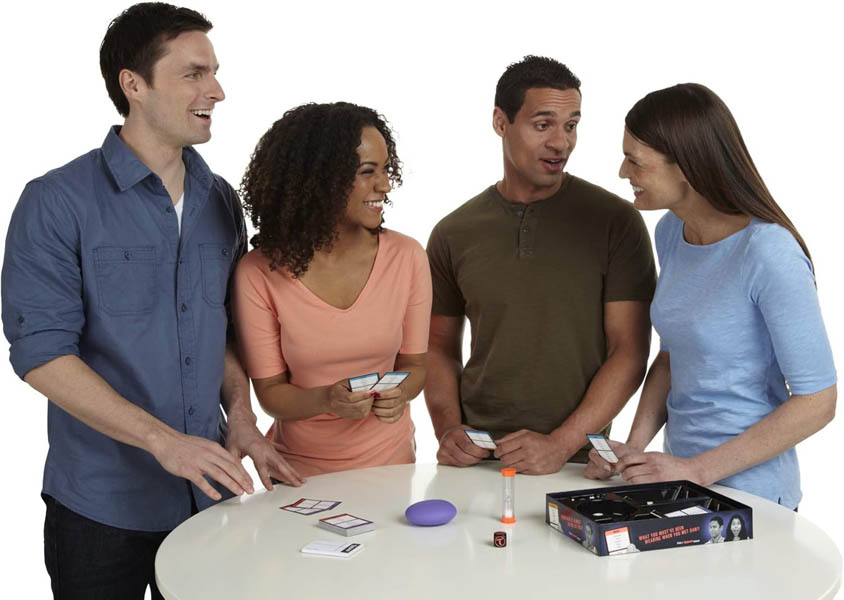
- Description:
Taboo is a fast-paced word-guessing game in the selection of the best board games for social skills, where players try to get their teammates to guess a specific word without using certain “taboo” words listed on the card. The challenge is to find creative ways to describe the word without relying on the most obvious hints. Players must be quick and think on their feet, as the clock is ticking. The game promotes communication and creative thinking, as players have to come up with different ways to describe a concept while avoiding restricted words. It’s a great game for sharpening language skills and quick thinking.
- Social Skills:
Communication and creative thinking are critical, as players describe words in unique ways under pressure.
- Recommended Age Group: 13+ years
- Number of Players: 4+ players
9. Carcassonne
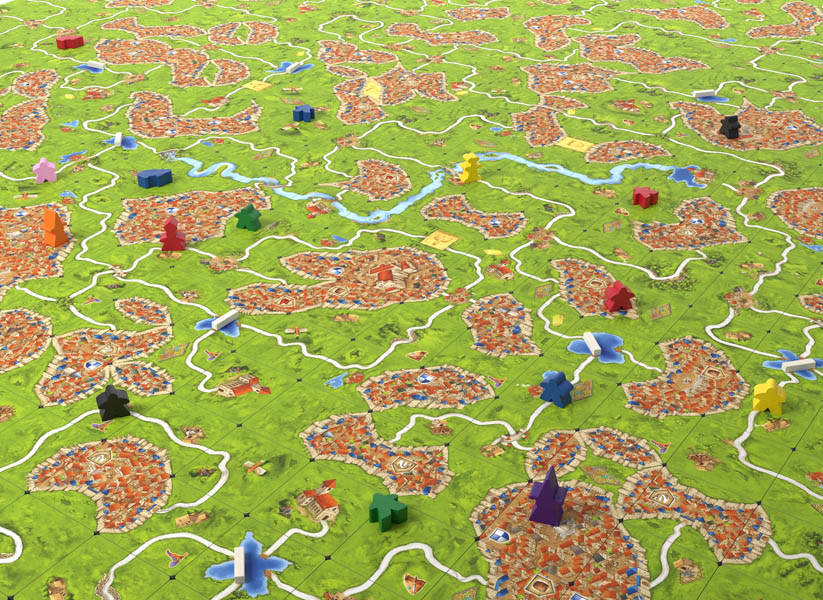
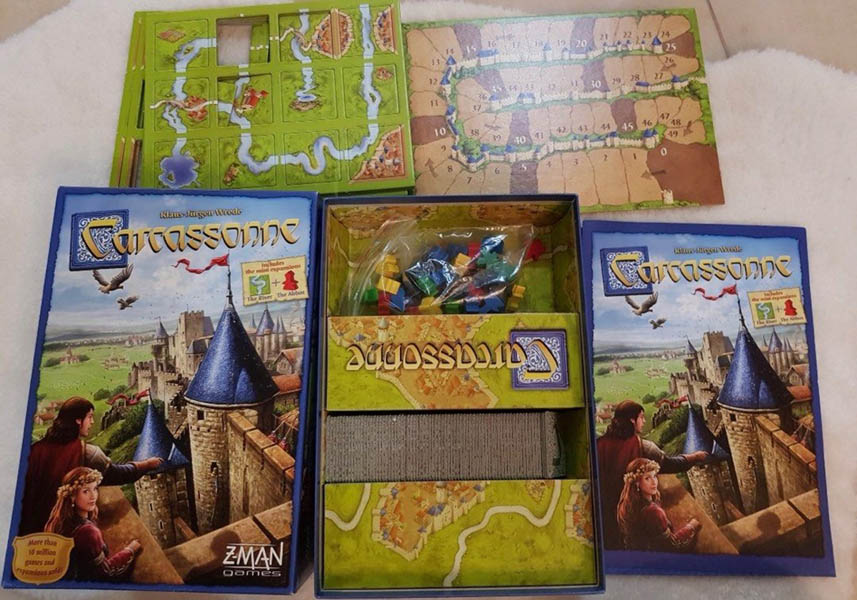
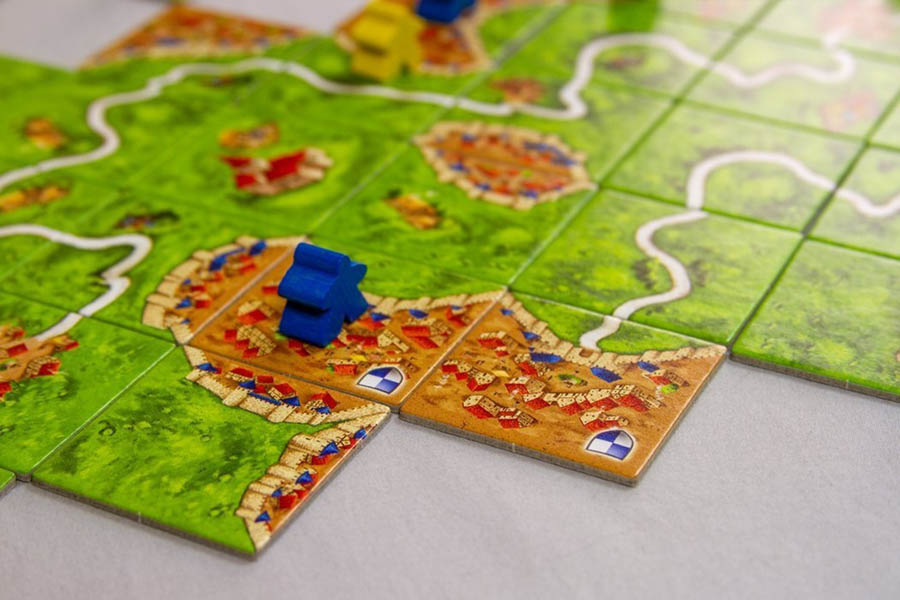
- Description:
Carcassonne is a tile-placement game where players build cities, roads, and fields on a map of medieval France. Each player takes turns drawing and placing a tile that may extend an existing feature or create a new one. The goal is to complete features like cities and roads and place followers to score points. It’s a game of strategic placement, where players must think ahead about how to expand their territories. The dynamic nature of the board ensures that no two games are the same, creating a fresh and engaging experience every time.
- Social Skills:
Strategic planning and foresight are developed as players make decisions on where to place their tiles for maximum points.
- Recommended Age Group: 7+ years
- Number of Players: 2-5 players
10. Team3
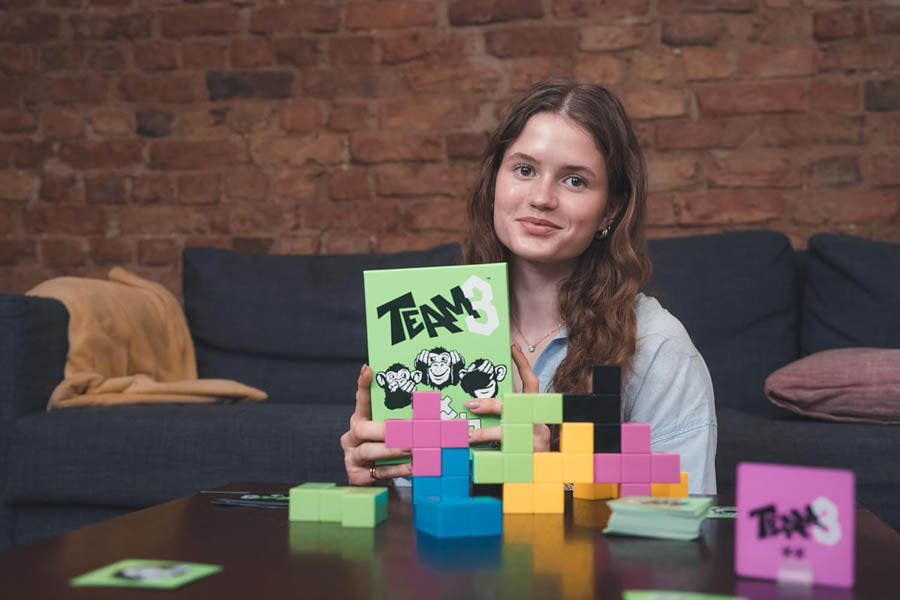
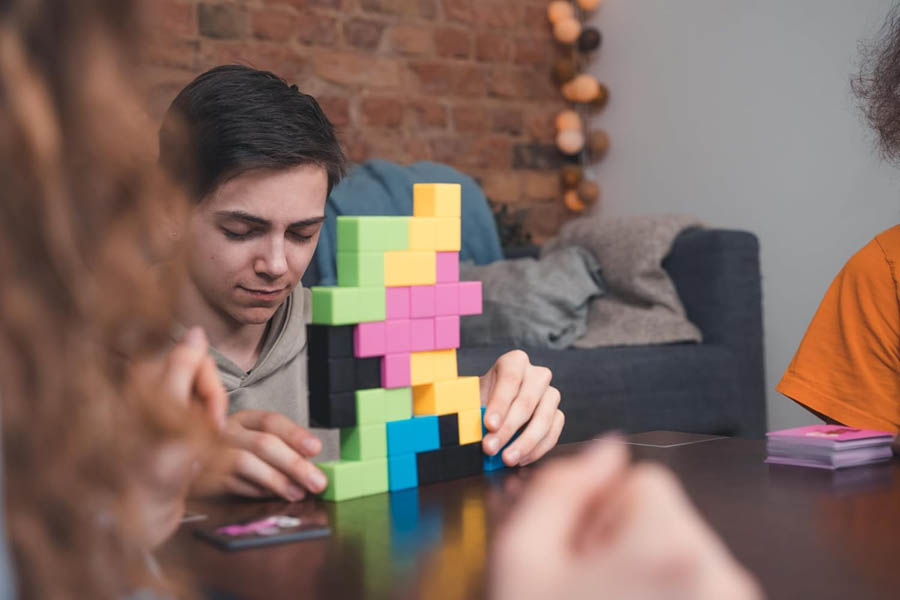
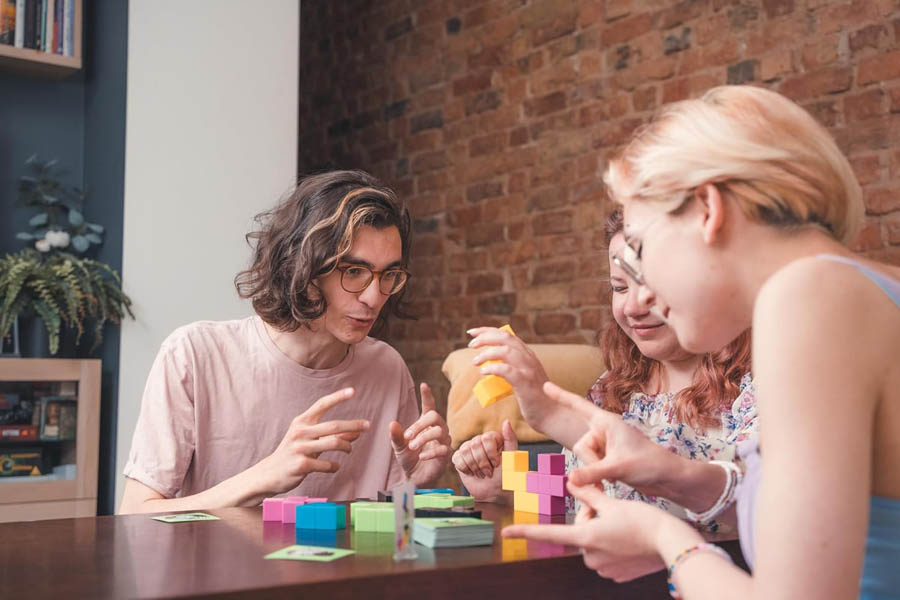
- Description:
Team3 is a cooperative board game that challenges players to work together to build structures under unique communication restrictions out of the best board games for social skills. Each player takes on one of three roles—see no evil, speak no evil, or hear no evil. The “see no evil” player cannot see the game board, the “speak no evil” player cannot talk, and the “hear no evil” player cannot listen to the others. This forces players to rely on creative, non-verbal communication, building teamwork and empathy. Team3 is a fun yet challenging way to develop cooperation under pressure.
- Social Skills:
Teamwork, communication, and non-verbal skills are honed as each player takes on a role with specific limitations.
- Recommended Age Group: 14+ years
- Number of Players: 3 or multiples of 3
11. Pictionary
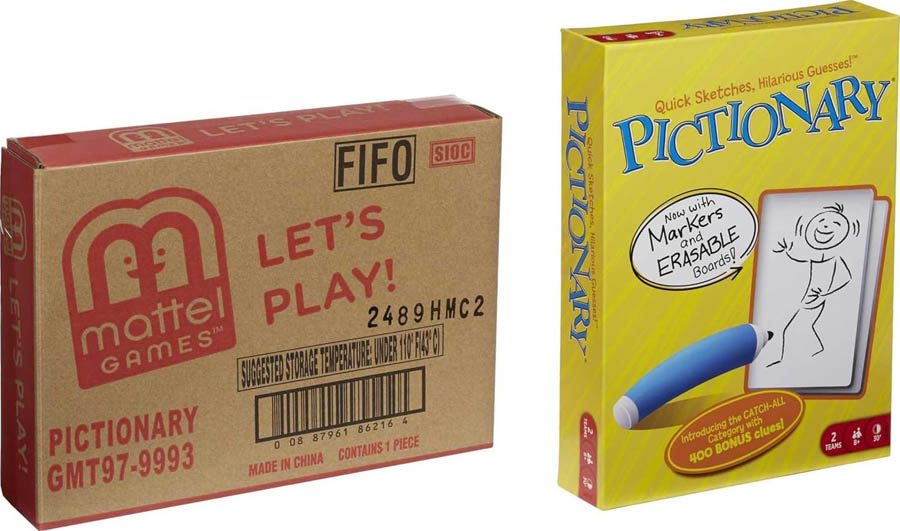
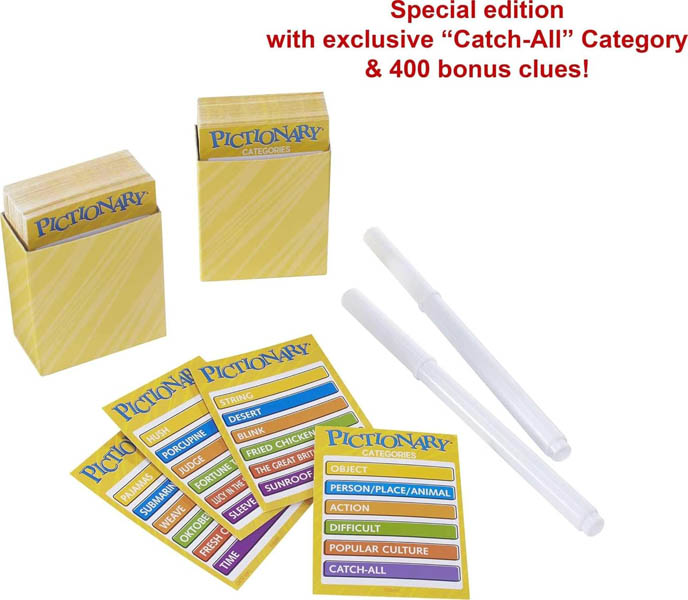
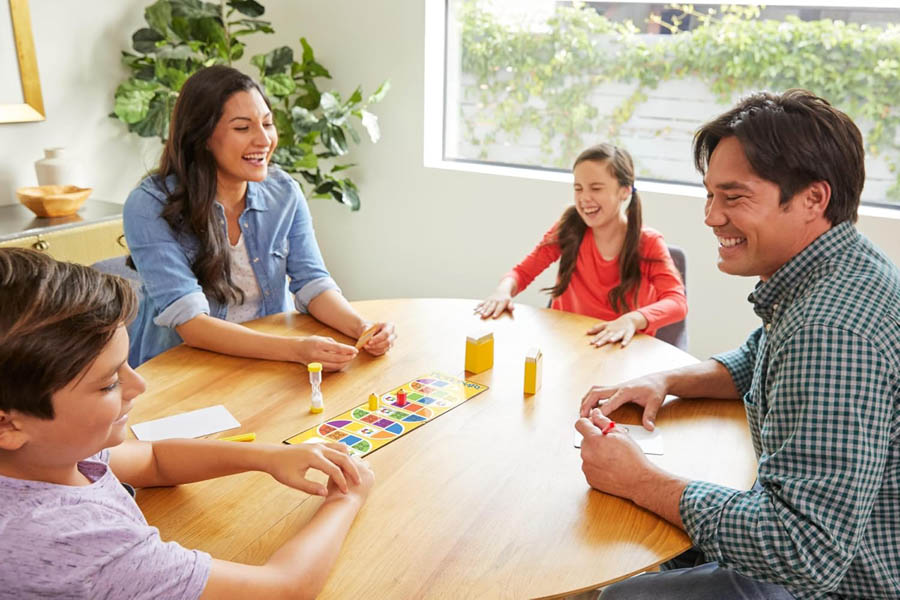
- Description:
Pictionary is a classic drawing and guessing game in which players take turns drawing a word or phrase while their team guesses what it is. The twist? You can’t use letters, numbers, or verbal clues—only drawings. The game is fast-paced, and players must quickly convey their ideas through visuals, relying on their creativity and interpretation skills. It’s a great way to foster creativity, teamwork, and understanding as players collaborate to interpret and communicate ideas. Whether you’re an artist or not, Pictionary guarantees plenty of laughs and fun.
- Social Skills:
It enhances creativity and communication, pushing players to express ideas visually and interpret them in fun ways.
- Recommended Age Group: 8+ years
- Number of Players: 4+ players
12. Mysterium
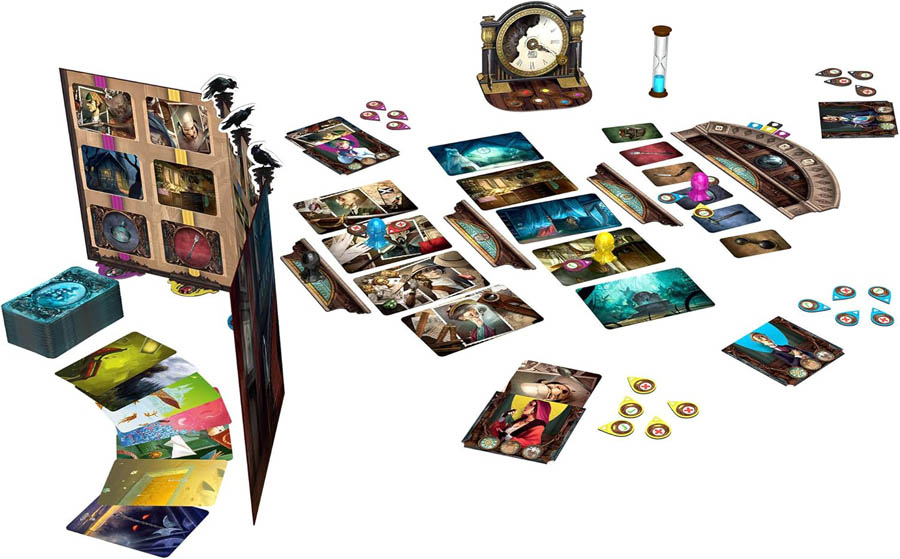
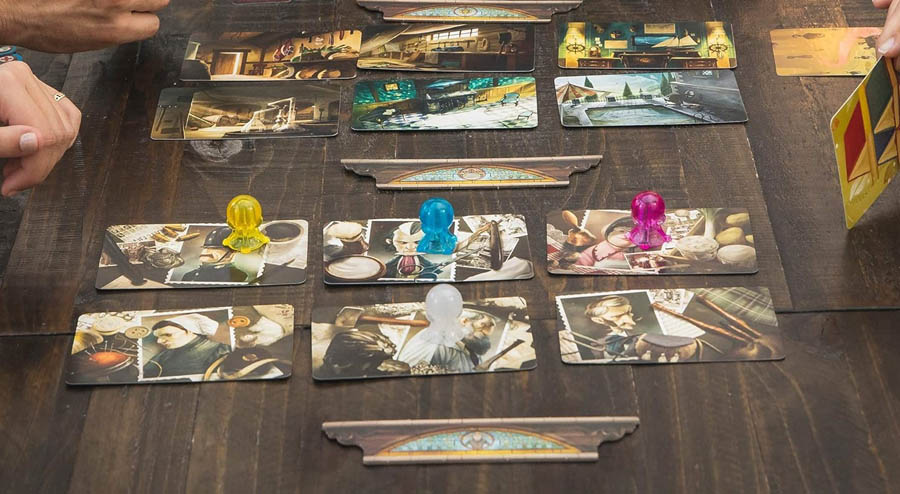

- Description:
Mysterium is a cooperative game where one player takes on the role of a ghost, and the others are psychic investigators trying to solve a murder mystery. The ghost can only communicate through abstract, illustrated vision cards that hint at details about the victim, weapon, and location. The psychics must interpret these clues and make deductions to figure out the murderer. The game encourages teamwork, as the psychics must share their theories and pool their information to solve the mystery. It’s an immersive, atmospheric game that builds communication and cooperative problem-solving skills.
- Social Skills:
Interpretation and cooperation are vital as players work together to piece together clues from the ghost’s atmospheric hints.
- Recommended Age Group: 10+ years
- Number of Players: 2-7 players
Incorporating Board Games into Educational and Home Settings
In educational settings, board games offer a dynamic way to teach social skills, making learning enjoyable and effective. Teachers can integrate these games into the curriculum to facilitate teamwork and problem-solving. At home, parents can use game nights as opportunities to reinforce social learning. Setting aside regular times for these activities encourages children to view these sessions as both relational and educational.
To Wrap Up
Board games stand as a testament to the power of play in fostering social growth and interaction. Each game brings unique benefits, whether building empathy or sparking strategic thought. As we exchange laughter and banter around the game board, we’re also laying the foundation for lifelong social skills. Through this playful engagement, the best board games for social skills enrich our lives with every roll of the dice and turn of a card.
Are there digital versions of these board games that help with social skills?
Yes, many board games have digital versions that offer the same benefits and can be played online, sometimes enhancing accessibility and convenience.
How can playing board games improve emotional intelligence?
Board games often simulate real-life situations where players need to read emotions, react to others’ actions, and adapt to dynamic interactions, fostering emotional intelligence.
Can these games be adapted for two players if they have a higher minimum player count?
While some games require more players, many have adapted rules for smaller groups, or players can collaborate on strategies against a common goal.

